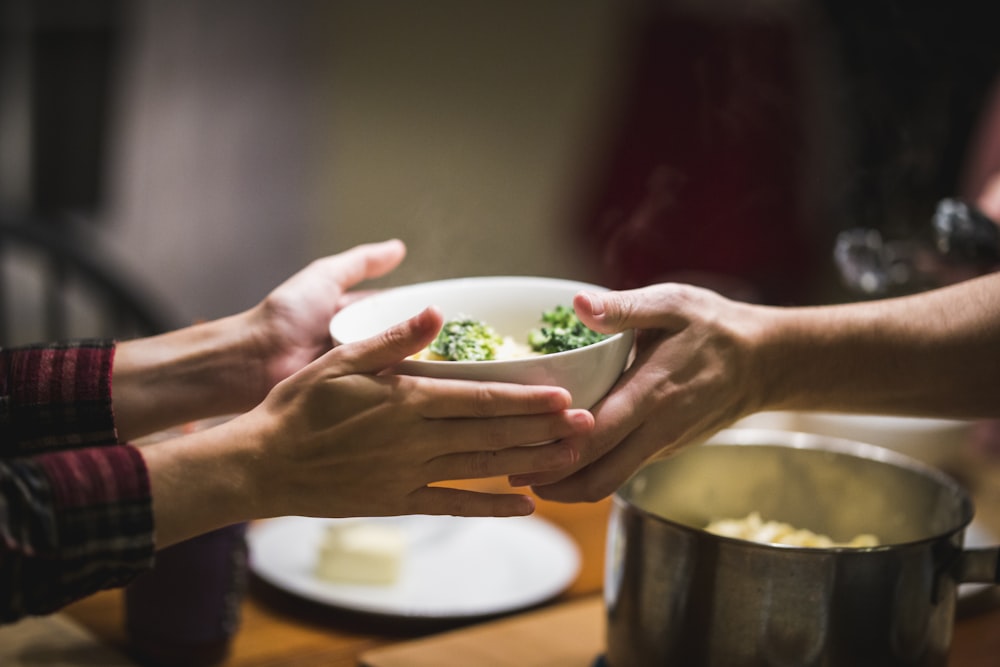What would you do if you weren’t afraid? Years ago, I was in a college class. I don’t remember the subject matter that was being discussed in class that day. For some reason, however, I do remember that the professor asked a question to the class and I knew the answer. Yet, I did not raise my hand. Someone else answered.
I allowed fear to cause me to hesitate. Unfortunately, I often did this. I let fear win.
Consider the following list of five. Hopefully, one of these will be helpful as we attempt to live on the other side of fear.
The List of Five
The Best Time to Deal With Your Fear
We all have some fear. I certainly do. Do you ever let fear keep you from trying something new? Maybe you are afraid that what you do will only be average at best. Maybe you are afraid that what is in front of you is just too hard.
Maybe you would like to learn something new.
Perhaps you have considered writing a book.
Maybe you would like to learn a new sport, a new language, or take an art class
You might have thought about asking an acquaintance to lunch but for some reason you hesitate.
Maybe you have considered enhancing your computer skills.
If you are like some of us, as soon as you consider some of these, you allow fear to enter in.
What if I can’t do this thing?
What if I don’t do this very well?
What if I am too old?
What if I am too young?
What if I’m not smart enough?
What if I attempt this and end up looking silly?
What if it is too late?
Jon Acuff suggests that the best time to begin doing something which calls for one to be brave is right now. (See Jon Acuff’s book, Soundtracks)
Fear will tell you that it is too late, too hard, or too involved.
So today, if you were brave, what would you do? Could you take one step toward what you really want to do?
The best day to start something new is always today because it is the only day you’ve got. (Jon Acuff)
Five Principles That Are Worth Our Attention
Recently, I was listening to a podcast in which the person being interviewed said that he kept a card in his pocket with five principles that are important to him.
Have you considered some of the principles that are important to you?
Know that while you have learned much in the past, it is imperative that you continue to learn into the future. Yes, you and I have learned something. There is no reason to deny this. However, no matter how old we get it is important we continue to learn. Consequently, we need to be humble as we think and talk about God, Scripture, and life.
The following are a few principles that are important to me. I don’t have these on a card in my pocket. Nevertheless, I do consider these to be important:
Ask others very good questions and then listen deeply to their response.
Pay attention when you are in another’s presence.
Take a small step to move forward. Yes, it may be small but is still a step forward.
Love the God of the Scriptures. Pray that God will help you to be fully alive to his will and his ways.
Surround yourself with people who inspire, encourage, and who in some way make you want to be a better man/woman.
Do More of This and Less of That
I regularly listen to Laura Vanderkam’s podcast, “Before Breakfast.” Recently she talked about “Less or More” (May 25, 2021). She asked, “What would you like less of, or more of, and what can you do to make these adjustments? How would you edit your life so that you could have less of some things and more of other things?”
She suggests making two different lists. One list is what you would like less of and the other list is what you would like more of. For example, I might say that I want to spend less time doing the following:
Watching television.
Looking at social media.
Focusing on relatively unimportant tasks at work.
Checking my texts/e-mails during the workday.
Could I take a small step that in some way might reduce the time I spend with one or more of these?
Suppose I want to spend more time on the following:
Reading my Bible in the early morning hours and thinking about my day.
Talking to friends on the phone and practicing what Greg McKeown calls “deep listening.” (See resources below).
Connecting with family members.
Being flexible about certain things instead of rigidly thinking that everything has to be a certain way.
If I am going to look at less social media, how will I do this? I find it helpful to set a timer (15-20 minutes) knowing that I will move on to something else at the ringing of that timer. On the other hand, if I want to spend more time talking with friends on the phone, I might start by calling a longtime friend on my way home from work (about a 25 minute trip). I do this about twice a week usually limiting the conversation to 20-25 minutes. Having such a plan has enabled me talk to friends more often because I now have a system.
So how about you? What would you like to do less? What would you like to do more?
The Moment
He was a drummer in a North Alabama band. Many of his weekends were spent in bars at the Alabama-Tennessee state line. One late Saturday night, he was driving home on a highway just outside of Florence, Alabama. He had a car accident and was killed. He might have been eighteen years old.
On Sunday his parents called, requesting that I officiate at the funeral. I was about 27 years old. The funeral took place in a small frame church building in Lauderdale County, Alabama.
I remember some of the people as they entered the church building. So many appeared to be in their late teens or early twenties. Some appeared to be intoxicated or under the influence of a drug. Others seemed to have a hollow, empty look in their eyes.
I didn’t know what to say. I looked at the crowd. I looked at this boy’s parents. As I thought about the moment, it reminded me that what I was doing in that funeral was important — really important. God was at work and in that moment, he was at work through me.
A few years ago, I was at lunch with a man who at one time was a well known and much admired minister. In the 1960s and early 1970s, he often spoke before large crowds throughout the United States. Since then, he had long left congregational ministry and for decades had been working in another profession. I asked him that day at lunch, “After serving congregations for many years, is there anything about congregational ministry that you miss?” He said, “I miss the opportunity to serve so many people during times of crisis - sicknesses, funerals, etc.” What he missed were moments of pastoral ministry with individuals and families.
This reminds me to be grateful. I want to thank God for the privilege of serving him in whatever moment and whatever capacity He might make available. God is at work and we will never fully know how much good has been done through the way we served.
Resources
So where do we begin in becoming a less anxious presence? “We start by learning to see the anxiety in ourselves and in the systems around us” (p. 79). See The Leader’s Journey, Jim Herrington, Trisha Taylor, and R. Robert Creech, Baker Academic, 2020-Second Edition.
I just finished “Singing stories together: Relationship and storytelling as resources or resilience in the book of Psalms” by Rebecca Poe Hays from Biblical and Theological Visions of Resilience (White and Cook, Routledge, 2021.) Very good.
See the excellent podcast interview - Cary Nieuwhof interviews Greg McKeown (June, 2021). Love the discussion about deep listening in which one listens for clarity.
If you enjoy this newsletter, won’t you consider sharing it with a friend who might enjoy this? Almost every month, there are new subscriptions. So many of these are friends of readers. Thanks!
Each Thursday/Friday, I post about ten tweets especially for ministers and other believers as they anticipate Sunday. You can find me @jimmartin.
I serve as Vice President of Harding School of Theology, Memphis, Tennessee. You can find me at God-Hungry.org. You can find me on Facebook - @jim.martin. My e-mail address is: jmartin9669@gmail.com. Feel free to write. I would love to hear what is encouraging or helpful. — Jim Martin
















Share this post